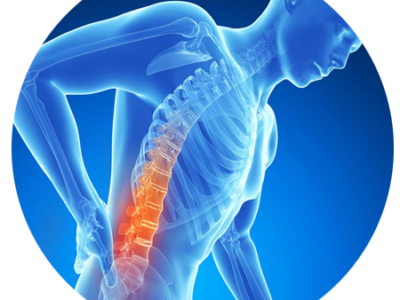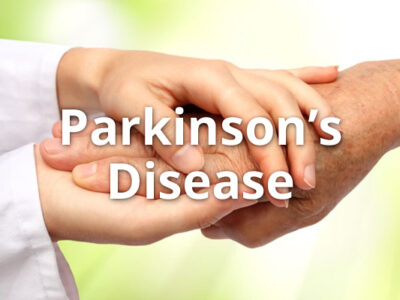Is not getting enough sleep making chronic pain worse?
Most people know that sleep is essential and plays a vital role in our function. While acute sleep deficiency may have a short-term impact, chronic sleep issues can have a more serious outcome, especially for those who suffer from chronic pain. This has led researchers to explore whether chronic sleep deficiency impacts one’s pain perception.
The researchers shared their findings in the July 2024 issue of the Journal of Sleep Research (1). They report that acute sleep deprivation induces pain hypersensitivity in females. This led them to set out to test natural sleep deficiency and fluctuations throughout the week to see if they impacted pain perception.
The study they conducted included 41 young, healthy women. They had them wear a headband to bed that monitored the amount of sleep they got, and they also completed self-reports regarding pain sensitivities. The feedback they gathered included measurements regarding heat, cold, pressure pain threshold, pain inhibition, and tonic pain summation. They were especially interested in the difference between those who had less than six hours of sleep per night and those who had at least that much over the course of the week. The reports were gathered each Monday and Friday during the study.
They found that those who were short sleepers tended to get two hours less of sleep than the others, and they did have impaired pain inhibitory responses. However, they did not find an effect on pain threshold and pain summation. Those who had chronic sleep deficiency, which was consistently getting less than six hours of sleep per night, had compromised pain responses, especially each Monday.
The researchers conclude that consistently getting at least six hours each night may provide some protection against pain sensitization and the development of chronic pain. While this study was conducted on females, it may have the same outcome for males. This provides another tool for those with chronic pain to turn to in order to help find relief, although some people may find it challenging to get better sleep because the pain and sleep deficiency issues often go hand-in-hand. The pain frequently leads to getting less sleep, which can lead to more pain.
In another study published in the February 2023 issue of BMJ Open, researchers looked at sleep hygiene strategies for those who have chronic pain (2). Some of the suggestions they offer to help those with chronic pain improve their sleep experience include avoiding alcohol and tobacco, creating a comfortable sleep environment, learning more about sleep hygiene, and avoiding intense exercise within an hour of going to bed. They also recommend being aware of the pre-bed state to avoid stimulating things (i.e., scrolling social media), instead opting for doing something calming, such as meditation or practicing mindfulness.
Sources:
Journal of Sleep Research. Chronic sleep deficiency and its impact on pain perception in healthy females. July 2024. https://pubmed.ncbi.nlm.nih.gov/38972675/
BMJ Open. Sleep hygiene strategies for individuals with chronic pain. February 2023. https://www.ncbi.nlm.nih.gov/pmc/articles/PMC9896248/







